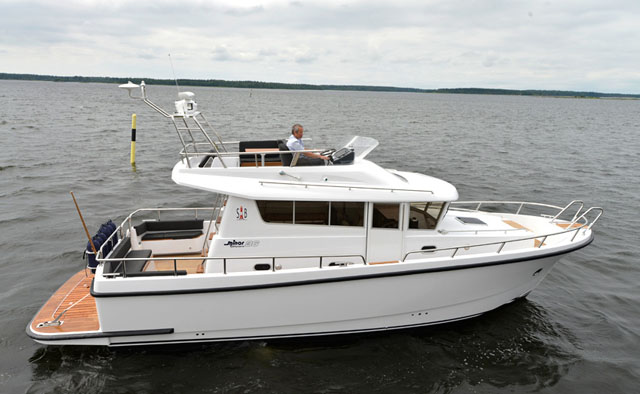The issues surrounding boating under the influence of alcohol or drugs have been highlighted recently with a local case that has garnered much attention. And as we head toward the summer season, with many people taking their boats out on the rivers and lakes in our area, the topic of boating safety becomes very important.
While the dangers–and consequences–of drinking and driving a car are well known, this is not generally the case with drinking and boating. Alcohol use is the leading known contributing factor in fatal boating accidents. Drinking alcohol on open water can quickly impair one’s balance, coordination, and judgment. Boats rock, sway, and have very little protection from the elements. Coupled with the heat from the sun and glare from the water, people on boats become tired much more quickly. Consuming alcohol can affect inner ear balance too, making it impossible for a person who falls into the water to distinguish up from down. Alcohol also creates a false sense of warming, which may prevent a person in cold water from getting out before hypothermia sets in.
Another factor impacting one’s ability to operate a boat is experience. According to the U.S. Coast Guard, recreational boaters average only 110 hours on the water per year. Contrast that with a study by AAA indicating we spend approximately 280 hours per year in our cars, and it’s clear that we get much less practice operating a boat than driving a vehicle. That lack of experience can have serious consequences while out on the water, especially if alcohol or drugs are mixed into the equation.
The safety concerns alone are reason enough to avoid boating under the influence, but if you need more deterrence, consider the legal and financial consequences. Boating while intoxicated is a crime in New York state. If you are arrested for operating a boat with a BAC of .08 or higher, you may be charged with boating while intoxicated, which is a misdemeanor criminal offense. You could be subject to up to one year in jail, fined up to $1,000, and have your privilege to operate a vessel suspended for one year.
So, before you head out onto the water this season, act responsibly, and be sure you know how to operate the boat safely. New York state law requires that anyone born after May 1, 1996, successfully complete an approved course in boater education in order to operate a motorboat. There are several classes coming up in our area later this month and in June, so take advantage of these opportunities to refresh your skills, or learn some new ones. To find a certified boating safety course near you, check out the schedule at the NYS Parks, Recreation and Historic Preservation website
And remember, if you will be consuming alcohol on a boat, make sure you have a designated sober operator. Let’s make the 2017 boating season a safe one!
For more information on boating safety in New York, visit NYS Parks online.
Contact LaMarche Safranko Law for any questions regarding legal issues related to boating safety and operation.

